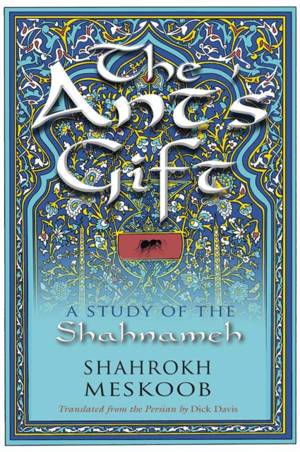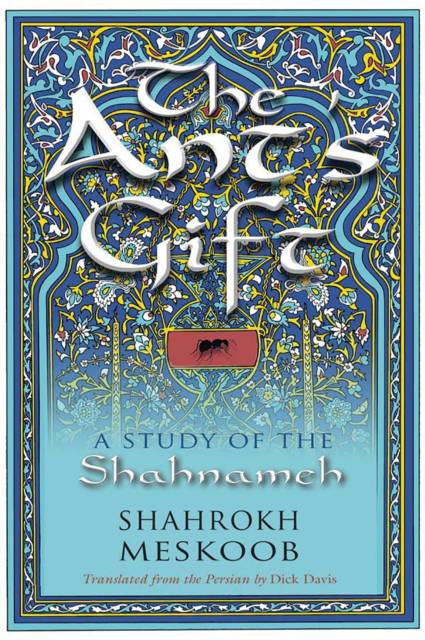
Door een staking bij bpost kan je online bestelling op dit moment iets langer onderweg zijn dan voorzien. Dringend iets nodig? Onze winkels ontvangen jou met open armen!
- Afhalen na 1 uur in een winkel met voorraad
- Gratis thuislevering in België vanaf € 30
- Ruim aanbod met 7 miljoen producten
Door een staking bij bpost kan je online bestelling op dit moment iets langer onderweg zijn dan voorzien. Dringend iets nodig? Onze winkels ontvangen jou met open armen!
- Afhalen na 1 uur in een winkel met voorraad
- Gratis thuislevering in België vanaf € 30
- Ruim aanbod met 7 miljoen producten
Zoeken
Omschrijving
Shahrokh Meskoob was one of Iran's leading intellectuals and a preeminent scholar of Persian literary traditions, language, and cultural identity. In The Ant's Gift, Meskoob applies his insight and considerable analytical skills to the Shahnameh, the national epic of Iran completed in 1010 by the poet Abul-Qâsem Ferdowsi. Tracing Iran's history from its first mythical king to the fall of the Sasanian dynasty, the Shahnameh includes myths, romance, history, and political theory. Meskoob sheds new light on this seminal work of Persian culture, identifying the story as at once a historical and poetic work. While previous criticism of the Shahnameh has focused on its linguistic importance and its role in Iranian nationalism, Meskoob draws attention to the work's pre-Islamic cultural origins.
Specificaties
Betrokkenen
- Auteur(s):
- Uitgeverij:
Inhoud
- Aantal bladzijden:
- 248
- Taal:
- Engels
- Reeks:
Eigenschappen
- Productcode (EAN):
- 9780815637080
- Verschijningsdatum:
- 9/07/2021
- Uitvoering:
- Paperback
- Formaat:
- Trade paperback (VS)
- Afmetingen:
- 196 mm x 226 mm
- Gewicht:
- 317 g

Alleen bij Standaard Boekhandel
+ 84 punten op je klantenkaart van Standaard Boekhandel
Beoordelingen
We publiceren alleen reviews die voldoen aan de voorwaarden voor reviews. Bekijk onze voorwaarden voor reviews.











